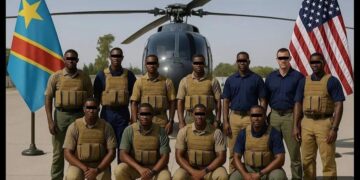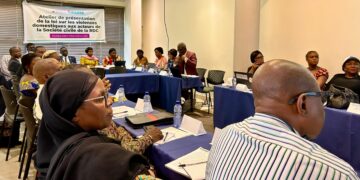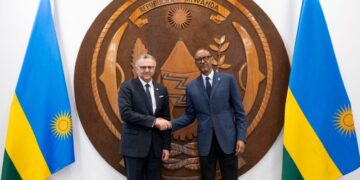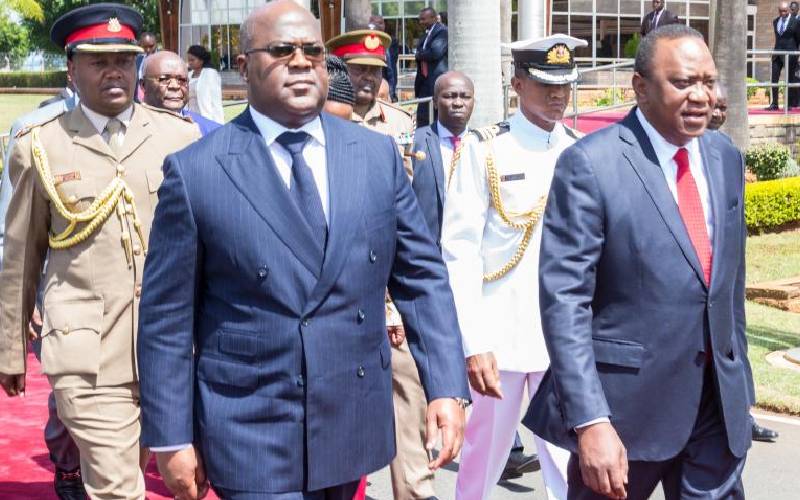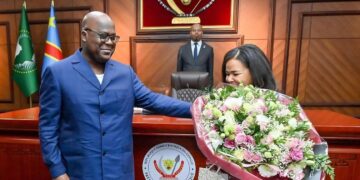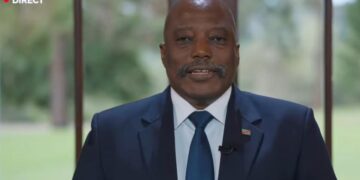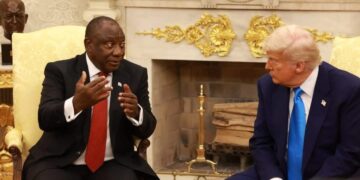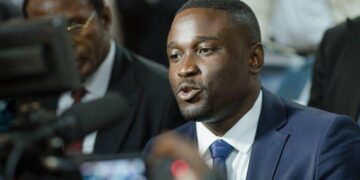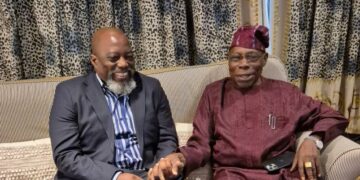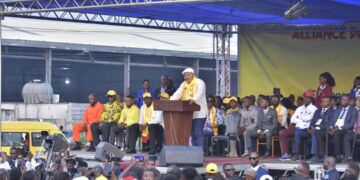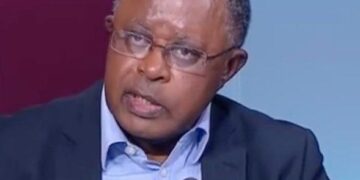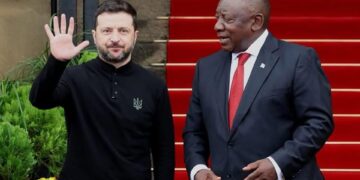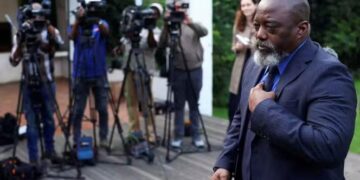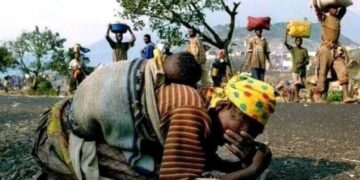“Joseph Kabila should let Congolese people deal with their own problems. He is not Congolese. Kabila is a Rwandan subject,” Kabuya declared during a public address this week.
The statement, both direct and politically loaded, comes amid heightened tensions in the eastern DRC, where government forces continue to battle the M23 rebel group – widely believed to receive backing from neighboring Rwanda. The resurgence of this conflict, alongside the controversial emergence of the political military coalition AFC led by Corneille Nangaa, has further polarized national discourse, especially concerning foreign influence and historical complicity within Congolese leadership.
The accusation that Joseph Kabila is not truly Congolese is not new, but rarely has it been stated so explicitly by a senior member of the ruling establishment. Such claims date back to the early 2000s, when critics questioned Kabila’s origins and ties to Rwanda, especially considering the role foreign-backed forces played in toppling Mobutu Sese Seko and installing Laurent-Désiré Kabila — Joseph Kabila’s father — in 1997.
Though Joseph Kabila ruled the DRC from 2001 to 2019 and oversaw multiple elections, including the peaceful transfer of power to current President Félix Tshisekedi, suspicion over his allegiance has persisted, particularly given his longstanding silence on regional conflicts involving Rwanda and his alleged connections to armed groups in the East.
Kabuya’s statement appears to be a calculated response to what the UDPS sees as deliberate efforts by Kabila’s allies to destabilize the current administration through political and security channels.
In recent months, reports and intelligence briefings have suggested a growing nexus between former regime officials, the M23 rebel group, and the newly formed AFC, which positions itself as a political alternative but openly supports armed resistance. Government sources and independent observers have accused these groups of seeking to undermine President Tshisekedi’s legitimacy and disrupt national unity ahead of the 2028 elections.
In this context, Kabuya’s words take on a sharper edge: by casting Kabila as a foreign agent rather than a domestic political rival, the UDPS is essentially discrediting any attempt by the former president to influence national affairs as illegitimate and dangerous.
The comment has already sparked strong reactions across the political spectrum. Pro-Kabila factions within the opposition have denounced Kabuya’s remarks as “irresponsible and inflammatory,” while UDPS supporters defend them as “long overdue truths.”
Political analysts warn, however, that such rhetoric while galvanizing for the base could deepen national divisions and further complicate efforts toward peace and reconciliation, especially in the volatile eastern provinces.
Nonetheless, Kabuya’s statement reflects a growing impatience within the ruling party and among many Congolese citizens, who view Kabila and his lingering networks as part of the unresolved legacy of instability in the DRC.
By publicly labeling Joseph Kabila as a “Rwandan subject,” Augustin Kabuya is not just reviving an old controversy he is drawing a definitive line between what the UDPS considers true national leadership and foreign-backed manipulation. In doing so, he challenges Congolese institutions, civil society, and the international community to confront the deeper roots of conflict and the complex loyalties that have long undermined Congo’s quest for genuine sovereignty.



